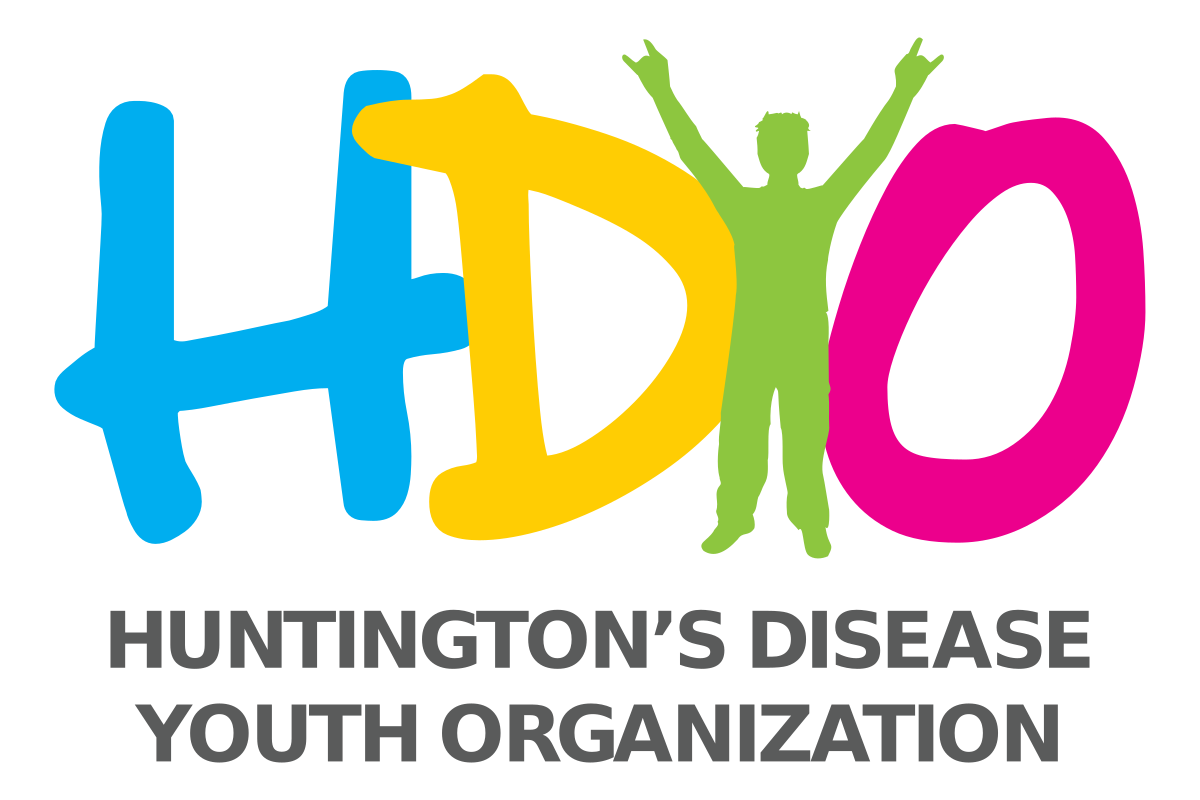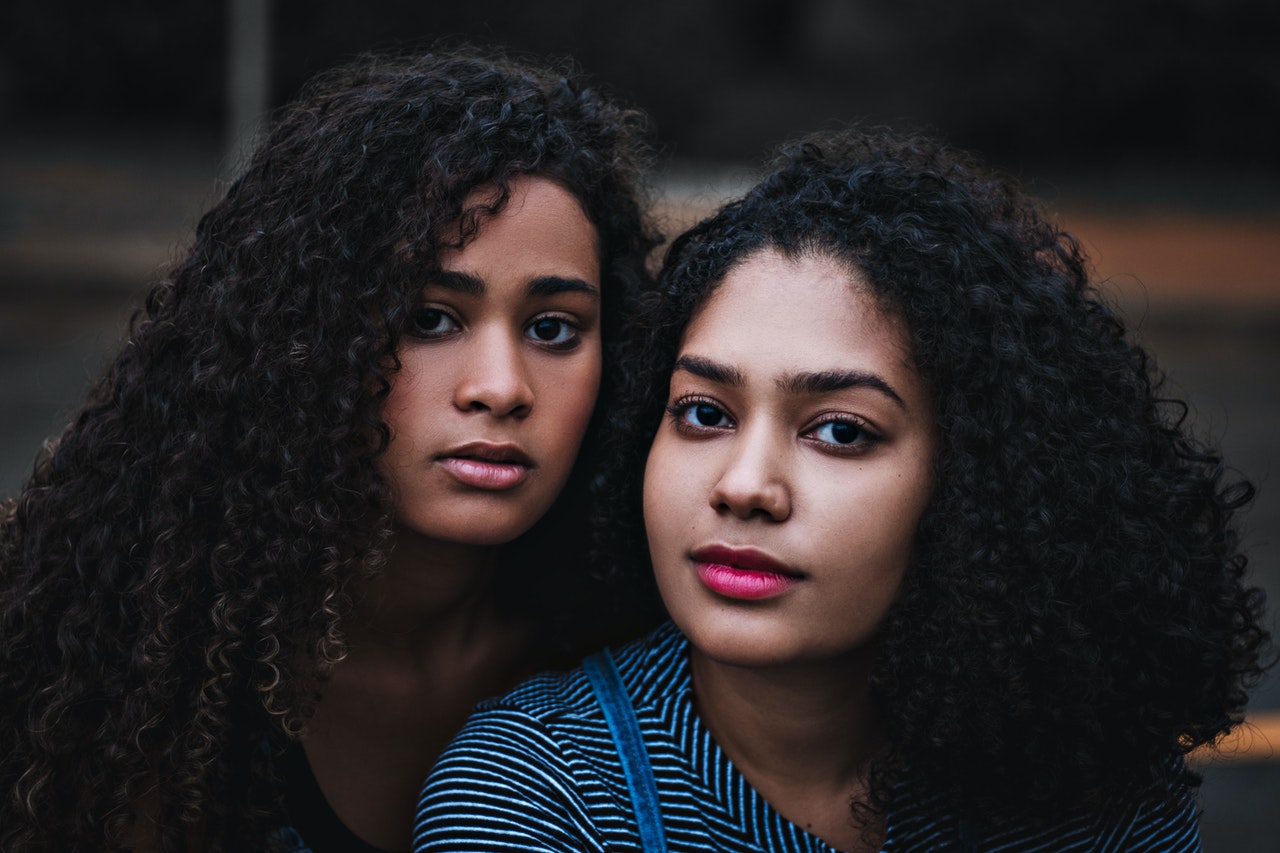Relationships
November 24, 2021

HDYO has more information about HD available for young people, parents and professionals on our site:
www.hdyo.org
Updated in 2025 by Education and Research Committees
Relationships can play an important role in coping with Huntington’s disease. Having the support of a partner or close friends can be very helpful, often providing a much needed shoulder to lean on. Sometimes getting involved and progressing in relationships can be a difficult process for those in a family affected by Huntington’s disease.
Worry
Young people with Huntington’s disease in the family may have a lot of worries about forming relationships, especially with a potential partner. They may worry about if they will develop the illness, about having children or getting married. People might worry about becoming a burden to their partner at some stage in the future. These worries can sometimes be enough to make young people think that they are not going to find love (or should not even bother looking), because Huntington’s disease is in their lives. These are all very common feelings within families affected by Huntington’s disease, and make forming a relationship that extra bit harder than it usually is.
When to bring up Huntington's disease with a potential partner?
One of the first, and possibly biggest issues, (young) people in families affected by Huntington’s disease have, when forming a relationship with somebody, is when to tell them about the disease. It is incredibly hard and even rather daunting to decide when is the best time to tell someone about Huntington’s disease.

'Breaking down the information I told my partner helped us. Slowly introduce the partner to the HD information.' – Angela
Never telling a partner about Huntington’s disease in your family is probably not the right answer. Not mentioning Huntington’s disease to your partner may make you feel guilty and cause added complications as the relationship progresses, and may also leave you unable to talk to your partner about your feelings. When actually, talking about the disease - sharing that information - can bring people closer together, help you cope better, and provide another perspective. Keeping the disease hidden tends not to solve anything, and it can be hard work keeping secrets.
At the same time, telling a potential partner straight away (on a first date for instance) leaves no time to get to know each other, and puts a potential obstacle upfront in the relationship before you’ve even started. It’s important to consider that Huntington’s disease is not your whole life and it does not define who you are. Relationships are about getting to know each other as individuals. Give yourself time to get to know people before you bring up Huntington’s disease and how it affects your life. Get to know each other first and then tell them when you feel it is right.
'When I met Zack and had such strong feelings towards him, the thought of telling him about Huntington's disease was terrifying. I didn't want to lose what we were starting to develop and I didn't want him to think of me differently - I was scared. It took me a few months to actually bring it up with him, but when I did, nothing changed in our relationship. Zack is so kind, loving and understanding that when I told him about Huntington's disease, it wasn't a deal breaker at all.' Penelope
The fact is there’s no perfect formula for when to tell someone you like about Huntington’s disease. But it is clear that you must tell them at some point, and perhaps the best period is after the ‘getting to know each other’ phase and before the relationship becomes too serious. Leaving it too long to tell someone close to you about Huntington’s disease can also lead to complications such as your partner learning about the condition from someone else. This can result in a lack of trust in the relationship and feelings of resentment from the partner because important information wasn’t shared with them.
It’s also important that when you do decide to tell someone about Huntington’s disease in your family, that you do so honestly and positively. Telling a person half the story isn’t enough, if you’re going to tell them, tell them properly. Be truthful but also be positive in your manner, the disease being in your life is nothing to be ashamed of. Speak confidently about it; show you aren’t afraid to discuss Huntington’s disease and that it is merely one part of your life.
‘There is no perfect time to open up. Just be honest with them and know the right person for you will understand. ‘ – Robyn
Commitment
Commitment can become a real issue for some people from a family affected by Huntington’s disease. It is not that people don’t want to commit, quite the opposite, people do (usually). As the relationship gets more serious, so do the worries over having children and potentially becoming a burden to your partner in the future. Some may start to question whether they should get involved in a serious relationship with the risk of Huntington’s disease hanging over them. People can care so much about their partner that they feel the best thing to do is not commit to them, because they want to save their partner from all the stress, hardship and difficulties Huntington’s disease can bring with it, along with the possibility of having their partner care for them in future years.
'Mark has only once tried to give me a chance to walk away from Huntington's disease and the possible future it may give us. One night the week before the wedding he sat me down and asked if I was really sure I wanted to marry him. If he has inherited the disease our future would be full of hardship and added stress that he feels I shouldn't have to live with. Naturally I said yes, I was sure. I didn't feel there was a choice to make. I love him and that is more important than any stupid disease...' Harriet
Young people can feel really guilty for wanting a serious relationship with someone, knowing that they have Huntington’s disease in the family. It can be difficult to get past that guilt or worry and just let yourself be happy.
'As much as I loved my partner, I could not bring myself to ask for her hand in marriage. I could not ask her to take on such a potential burden, I loved her too much. In the end my partner asked ME to marry her and although I still felt guilty, I allowed myself that happiness and said yes.' Craig

Marriage is a huge commitment, a lifelong commitment. The words ‘In sickness and in health’ have a lot more meaning to them when you have the risk of Huntington’s disease in your life. Not just for the person from the family with Huntington’s disease, but for the partner who is coming into that family knowing the potential issues that could be ahead.
Planning your life together
As a relationship becomes ‘serious’ there are more challenging topics to discuss. Aside from marriage, the main two topics are often genetic testing and having children.
Genetic Testing
Each young person’s genetic status will vary but a lot of young people in relationships will likely still be at risk of HD, some of you may have tested positive or negative by this point and gone through the process, but most young people will still be at risk and will be faced with the decision of whether the get tested or not. If you are in a serious relationship then this topic will be likely as important to you as it is to your partner, who may be concerned about your future. Knowing your gene status can influence the way you approach life but it will also impact on your partner, so any decisions around genetic testing should be discussed with your partner openly so you can share thoughts and concerns. Genetic testing is a big step for anybody at risk for HD, and completely your decision to make, nobody else has a say in whether you should get tested or not. But your partner should be aware of your decision and thought process, and hopefully supportive of your choice. The testing process is often an emotional roller coaster and we highly recommend taking a supportive other along to your appointments or test results. A partner can be a great support person during this time.
Having children
The other big topic for those in serious relationships is that of having children. Often your views on having children, as a young person impacted by HD, will have been influenced by your own experiences of growing up in a family with HD. some of you may feel that having children is not something you want to do because witnessing the progression of HD is tough for a child. A lot will depend also on your genetic status, are you at risk? Gene positive or negative? This information will potentially impact on your thoughts about having children. There are now some options for having children without the risk of HD, if that is an approach that interests you, check out the having children section for more information on all the options available. It’s important to talk through any views you have on having children with your partner, because unlike genetic testing, this is a decision for both of you to make. Look at the options together, talk about them all and then make the best decision for you both! Try to be understanding of each other’s positions if different. Is there a middle ground where you can both agree?
Support each other

Throughout your time together as a couple, HD will most likely impact your lives in some manner. When it does, the main point to know is that you can face HD together. You can support each other by learning about HD. You can attend support group meetings, events, conferences, or get involved in advocacy or fundraising. Learning to cope together as a couple, can help strengthen a relationship.
Friends
When you are a young person impacted by HD, having friends who understand and support you can be a great way to help you cope. HD can however bring some challenges to new and old friendships.
Telling your friend about HD
Telling a friend about HD can be scary. You might not be sure if they will understand the impact of what you are telling them. You also may not be sure how they will react to this news. We have some great tips on how to tell your friend about HD in the talking to friends and family section.
While it may feel like HD causes additional worries and concerns when forming relationships, it can also bring people closer together. It can be difficult to decide who and when to talk about HD. Others who have gone through similar experiences might be willing to share their insight with you. Talking to others about how they handle these discussions can be a great help to you.
Contact us
Contact us at HDYO. We can connect you with other young people who have had similar experiences. Listening to their stories can be a great way to help you decide how to move forward with your own discussions.



